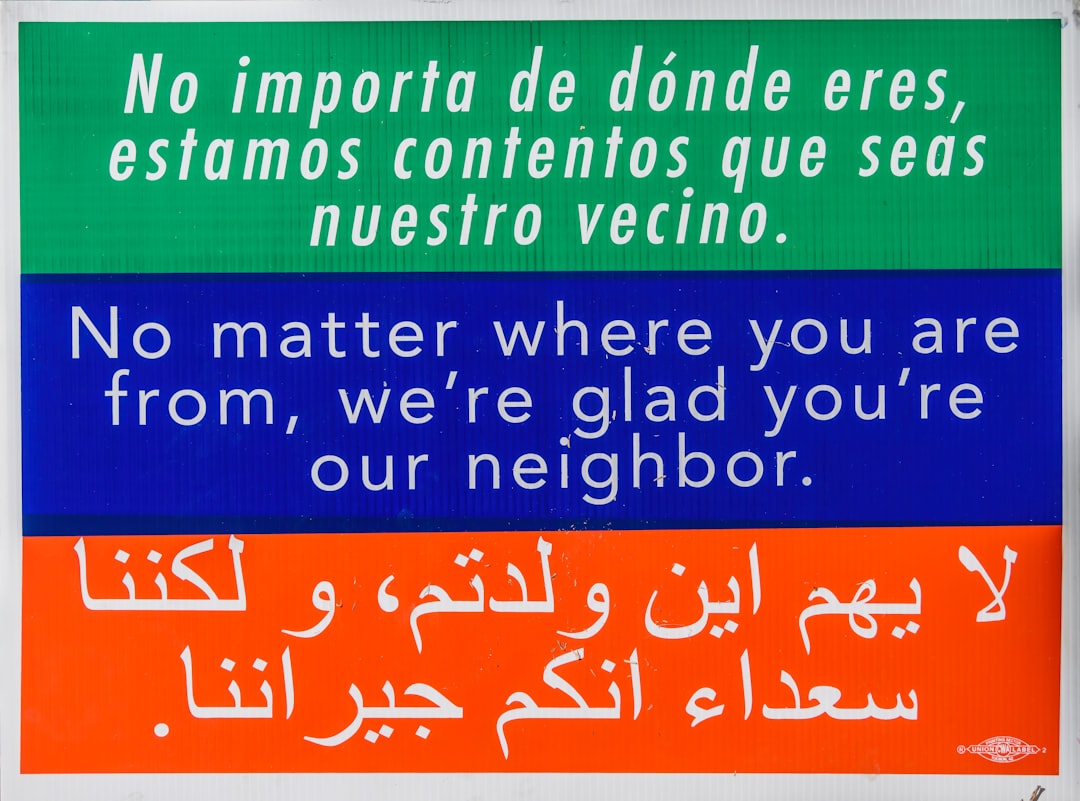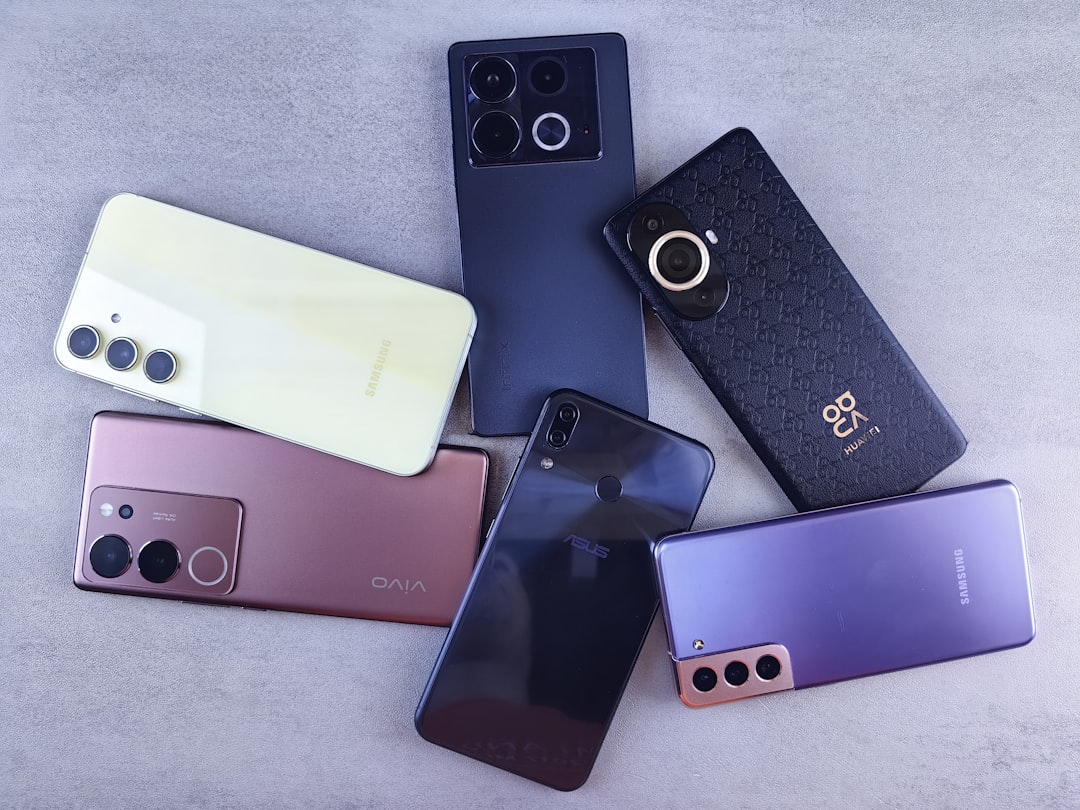
Speaking Part
Q1: Do you have any neighbors?
Yes, I do. I live in a closely-knit community where everyone knows everyone. My neighbors are very cordial and we share a very good rapport with each other.
• Closely-knit community → Cộng đồng gắn kết chặt chẽ
• Cordial → Thân thiện
• Rapport → Mối quan hệ tốt
Q2: What kind of relationship do you have with your neighbors?
I share a very congenial relationship with my neighbors. We often engage in neighborhood activities together and they are always there to lend a helping hand when needed.
• Congenial relationship → Mối quan hệ dễ chịu, thoải mái
• Engage in activities → Tham gia vào các hoạt động
• Lend a helping hand → Giúp đỡ
Q3: How often do you meet with your friends?
I try to catch up with my friends at least once a week. Despite our hectic schedules, we always manage to squeeze in some time for each other to keep our bond strong.
• Catch up → Gặp gỡ để cập nhật thông tin
• Hectic schedules → Lịch trình bận rộn
• Squeeze in some time → Dành ra một ít thời gian
Exercises
- 1. She is always ready to ______ a helping hand to those in need.
- 2. Despite our ______ schedules, we still find time to meet.
- 3. We live in a ______ community where everyone knows everyone.
- 4. They share a very ______ relationship with their neighbors.
- 5. We often ______ in community services together.
- 6. I try to ______ up with my old friends whenever I can.
- 7. They are very ______ people, always greeting us with a smile.
- 8. We have a good ______ with our next-door neighbors.
- 9. I don't have any ______ to meet with my friends this week.
- 10. She always tries to ______ some time for her family.
Answers
- 1. Lend
- 2. Hectic
- 3. Closely-knit
- 4. Congenial
- 5. Engage
- 6. Catch
- 7. Cordial
- 8. Rapport
- 9. Time
- 10. Squeeze








